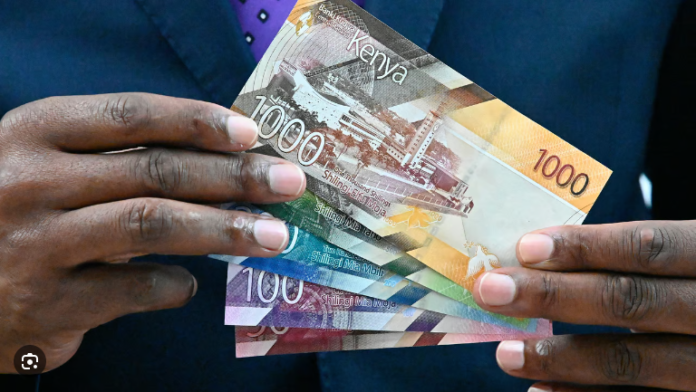The Kenyan Shilling weakened on Thursday, June 27, after a week-long anti-tax demonstrators took to the streets to protest against the highly contentious Finance Bill 2024.
The protests which took place across the country sparked jitters among manufacturers who acted on caution and rushed to purchase more Dollars.
As of Thursday, Commercial banks quoted the Kenyan shilling at 129.75 per dollar, compared with last Thursday’s closing rate of 128.50.
This increased demand for the dollar is likely to exert pressure on exchange rates, consequently leading to a depreciation of the Kenyan currency.
According to experts, the local currency was expected to weaken further even as anti-tax protestors expressed their intention to continue their demonstrations.
Analysts said they were closely watching to see what happens next after President William Ruto withdrew the contentious finance bill that proposed tax hikes.
“There is a bit of concern about the recent developments; It’s still just a watch and see,” noted an analyst.
The latest development comes a week after financial experts forecasted a depreciation of the Kenyan Shilling against the United States Dollar starting mid-this week.
They attribute the anticipated weakening to increased demand for dollars from manufacturers and importers.
“Manufacturers and importers are starting to cover their mid-month and month-end needs,” noted one of the Financial experts.
“I think the shilling will weaken towards the middle of next week,” the expert added.
Despite the weakening, the shilling still stands as the best-performing currency globally. According to the central bank, the Shilling has gained by 17 per cent since it started strengthening way back in mid-January this year.
The local currency’s performance was attributed to several factors, including increased foreign currency inflows from coffee and tea exports, as well as higher diaspora remittances.
Another contributing factor is the government’s decision to repay a portion of the Ksh310 billion ($2 billion) Eurobond that matured on June 24 this year.



















